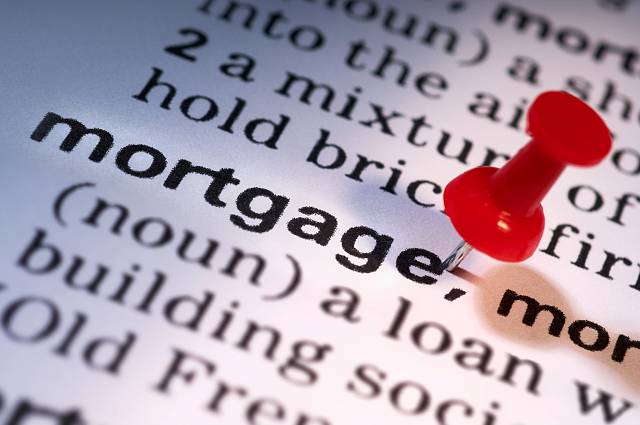Lenders going bust, bad credit, moving house? Online mortgage broker, Trussle, explain how to tackle the things that keep the nation awake at night with regards to their mortgage.
Did you know that nearly half (43%) of homeowners aren’t aware of all the steps in their mortgage process?
Dilpreet Bhagrath, mortgage expert at Trussle, answers some of the most searched-for questions about mortgages, to help both current and potential homeowners prepare for any potential obstacles in the mortgage process.
What happens if your mortgage lender goes bust?
Don’t panic. There will be a process in place to protect you.
Contact your lender as soon as possible to ask for their advice on the next steps with your mortgage. In some instances, they’ll continue to honour the product until the end of your mortgage term, with the help of another lender who might purchase their portfolio of mortgage loans. In most cases, the terms of your mortgage agreement won’t change.
In the case of the recent acquisition of Tesco’s mortgage book by Lloyds Banking Group, once the accounts have been transferred over, customers’ mortgage terms will remain as they were with Tesco. This should give customers peace of mind that their mortgage is being proactively looked after whether they’re part way through their mortgage or coming to the end of the term.
What happens to your mortgage when you move house?
If you’re moving to a new home, you might be able to take your mortgage deal with you. Simply ask your lender about the process of ‘porting’ your mortgage arrangement.
During this process, the lender will need to value the new property to see if they’re happy to lend on it. If the new property is larger, it’s likely you’ll have to borrow more (known as a ‘top-up’), and you’ll have to prove to your lender that you can afford the higher repayments using your income, outgoings and other payments. It’s important to remember that the ‘top-up’ will be based on the mortgage deals available from the lender at the time, not on the same interest rate as your current deal.
Should they decline your request to borrow extra money, you’ll need to pay the early repayment charge on your current mortgage and find a new lender to finance your new home. It’s worth speaking to a mortgage broker to find the most suitable outcome for your personal circumstances.
Can you get a mortgage if you’re self-employed?
There are 4.85 million self-employed workers in the UK. It’s estimated this
number will rise to 5.5 million by 2022.
While it can seem like a trickier process, self-employed people can still successfully apply for a mortgage.
Make sure you’re prepared with at least two to three years’ of financial documents as this is the amount some lenders will require. Keep your personal and professional bank accounts separate, and registering for the electoral roll can help lenders to confirm your identity.
As always, it’s important to consider any personal and future circumstances when securing a mortgage, and seek professional advice to ensure you’re aware of the options.
Can you get a mortgage if you have bad credit?
All lenders will conduct a credit check when you apply for a mortgage with them. Many people will assume that if they have a poor credit rating, they won’t be able to get a mortgage. But that’s not always the case.
There may be options out there. It’s important to remember that some credit issues carry less weight than others. Factors including how much bad credit you have and how long it’s been since the incident occurred will all contribute to whether the lender approves your application.
Some high street lenders will consider offering you a mortgage deal if they consider your credit issues as small.
It’s worth being aware that the mortgage deals available to those with bad credit will often have higher rates and fees, and they may require a larger deposit.
Speak to a mortgage broker to discuss the options available to you based on your own situation.
Can you get a mortgage if you have an overdraft?
It’s possible to get a mortgage with an overdraft, but your debt-to-income ratio will be taken into account. This includes the portion of your monthly income that goes towards paying credit card bills, loans and student finance. This is assessed to ensure that you’re not financially overstretched and can afford your monthly mortgage repayments.
If you’re actively using your bank’s overdraft, or paying one off, this will also be taken into account during the mortgage application. When lenders assess your monthly income and outgoings, any money used to pay off the overdraft will be accounted for.
Taking out a personal loan in the run up to applying for a mortgage will impact your affordability assessment as these repayment costs will also have to be considered by the lender. It’s also advisable to cancel any unused credit cards before you apply for a mortgage, as lenders look at the amount of credit available to you, not the amount you actually owe.
Dilpreet added, “Buying a home is one of the biggest financial and emotional commitments someone will make in their lifetime. Speak to a mortgage broker to discuss what options are available to you and lead you through the process.”






Leave a Comment